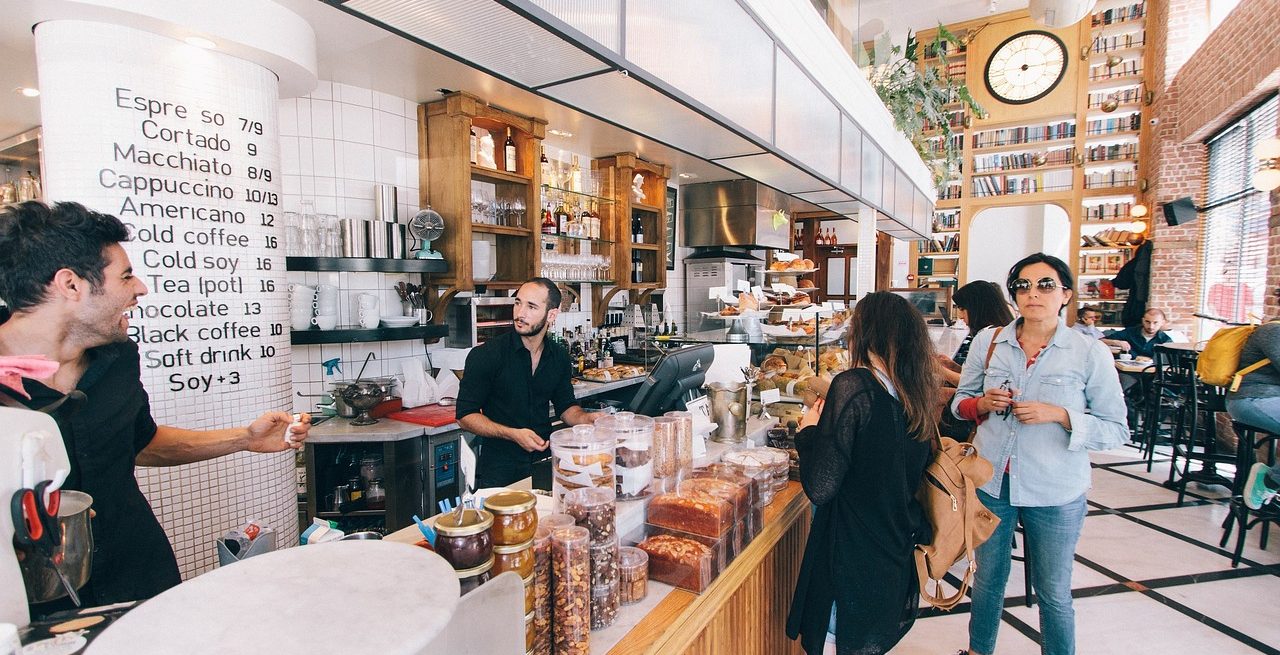Five PR Tips Your Restaurant Should Follow
5 Min Read By Chris Norton
It's important to have a restaurant public relations (PR) strategy in place. PR for restaurants won’t just help give your brand name a more positive ring. It will also boost your restaurant's presence.
The ultimate result? An increase in sales. Who wouldn’t want that? Here are five PR tips you can follow to ensure your restaurant’s success.
1. Identify Your USP and Use it to Conceptualize PR Events
Identify what makes your brand stand out from the rest. You may then leverage this unique selling proposition (USP) when conceptualizing PR events. So, basically, you’re harping on your USP—which your customers love—to make your event a success. Your customers won’t just participate. They may even promote these special events for free via word of mouth.
But how can you identify your USP in the first place? Here are some ways:
- Ask your marketing and sales team. Your restaurant marketing and sales teams will always know what selling points your customers respond to best.
- The other technique is to ask your loyal customers what makes them patronize your restaurant. Conduct surveys, focus group discussions, interviews, and online polls for this.
Once you have your USP, it’s easy to come up with restaurant events that revolve around it. You’ll want to launch these PR events frequently to ensure your visibility. You can leverage the expertise of a consumer PR agency to help you with this. Partnering with experts can help you get incredible publicity for these events.
2. Build and Nurture Relationships with Local Media
Local media decide what stories get published. So essentially, these news outlets can make or break your reputation. To start building your relationship with the local media, have a good story to tell in the first place. The PR events we talked about a while ago can be newsworthy events. So, once you have a date for your event, make sure you send out invites to the local media so they can cover it.
You can use an email finder to look for reporters’ or editors’ email addresses. You might also find newsroom contact details on the media organization’s website.
But it’s not enough for you to have a good story to tell. You want to show the media you’re the type who anticipates their needs. That will make them feel like a relationship with you as a source is worth it.
So, on the day of the event, have a press kit with you. The press kit should contain everything you want the media to know about your event with contact details.
Assist the media in every way you can during the event. If the local media see you’re the type who goes out of their way to help them, they won’t forget you.
Don’t forget to nurture your relationships with the local media after that initial interaction. Strike a conversation with them if you see them at a local event. You can even go as far as greeting them on their birthday (a simple text will do) or during holidays (Christmas, New Year..).
3. Leverage Influencer Marketing
Influencer marketing is the other potential goldmine you cannot ignore. Many are using influencers to get their messages across. It’s not hard to see why.
Influencers have thousands to millions of followers. You can leverage their influence to spread your PR message. If influencers post about your recipe change or new product launch, that message can reach many potential customers.
But for you to reap the best PR results, you need to approach influencer marketing strategically. Choose the right influencer in the first place. You want someone who holds sway over people who can be your paying customers. So, as much as possible, you want someone whose audience is in the same geographical location as your restaurant.
You also want to look at the type of content the influencer posts, of course. If you’re a restaurant that serves only vegan food, an influencer who posts grilled meats on their accounts won’t do.
Determine what you can afford before proposing your collaboration to the influencer, too. The prices for influencer collaborations vary, depending on the platform and the content. The industry standard is $100 per 10,000 followers for an Instagram post, for example.
Once you’ve decided on all these, reach out to your chosen influencer with your pitch. You can, again, use an email finder to search for their contact details.
4. Respond to Online Reviews
Online reviews and brand mentions are indicators of brand sentiment. As a restaurant brand, you need to respond to these comments, whether they’re positive or negative. When you do this, you’ll show your audience you’re a brand that cares about what your customers think.
You can use brand monitoring tools to look for mentions of your restaurant across the web.
Here are some tips you should follow when responding to online reviews:
Thank your customers. It doesn’t matter if the review was positive or negative. Thank your customers who took the time to leave a review.
Respond quickly. Ideally, you shouldn’t take longer than 24 hours to deliver a response.
Don’t be defensive when dealing with negative reviews. If it was your fault, apologize. If you need time to investigate what happened, say so. Then, make sure you go back to the disgruntled customer and explain to them what happened when you get to the bottom of the issue.
5. Post PR Content on Your Social Media
As part of your PR for restaurants, you can use your own social media platforms to post content that portrays you in a positive light. Here are examples of PR content you might want to post for your target audience:
- Restaurant announcements (the launch of a new dish, for instance, showing that you’re a growing business that’s expanding your offerings)
- Corporate social responsibility initiatives (pictures of your employees participating in a community clean-up, for example, showing you care for the world around you)
- Employee testimonials (videos of your employees saying how happy they are working with you. These will show you’re a great employer).
These types of PR content can help you manage people’s perceptions of you. When they see you’re a growing business that cares about the world and its employees, you’re more likely to get customers.
You don’t have to be on all social channels. You only need to publish social media posts on the platforms your target customers frequent.
The restaurant industry is a competitive one. So, if you want to get ahead, you need to use PR for restaurants to your advantage.
As a restaurant owner, you must identify your USP and conceptualize PR events based on that, build relationships with local media, and leverage influencer marketing. Successful restaurants also respond to online reviews and post PR content on their own social media accounts.
A good PR strategy, plus delicious food and stellar service, will ensure lines of customers and online orders for your restaurant business.


